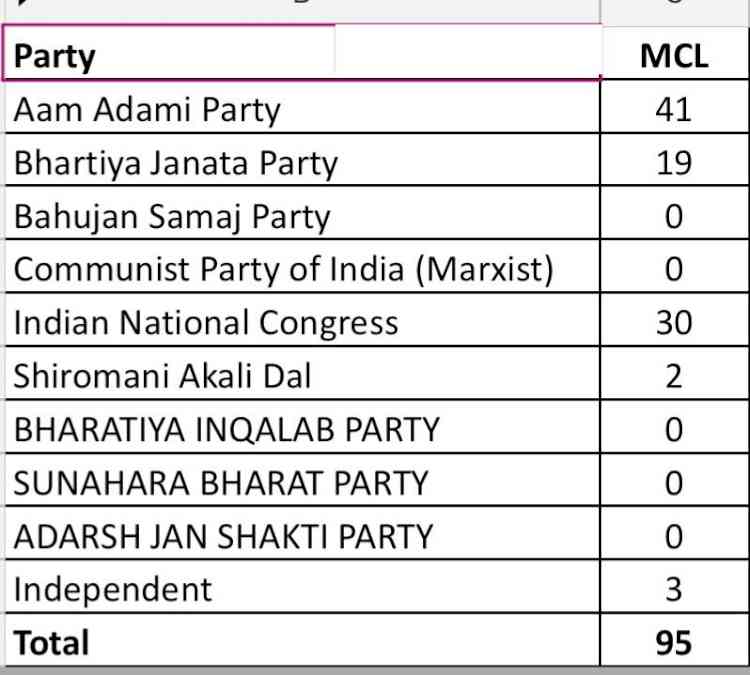North India likely to receive above normal rainfall in February
North India, in February, is likely to receive an average rainfall above normal i.e. more than 121 per cent of the Long Period Average (LPA) of 65.3 mm recorded between 1961-2010, the India Meteorological Department (IMD) said Monday.

New Delhi, Jan 31 (IANS) North India, in February, is likely to receive an average rainfall above normal i.e. more than 121 per cent of the Long Period Average (LPA) of 65.3 mm recorded between 1961-2010, the India Meteorological Department (IMD) said Monday.
"The probabilistic forecast for the spatial distribution of tercile rainfall categories (above normal, normal, and below normal) over the country for the month of February suggests that normal to below normal rainfall is most likely over most parts of North India except most parts of Punjab and Haryana where above normal rainfall is most likely," it said.
The probability forecast for the minimum temperatures indicates that during February, below normal minimum temperatures are most likely over most parts of the country except eastern parts of northeast India, south peninsular India, and southeastern parts of central India, where normal to above normal minimum temperatures are likely.
As for the probability forecast for the maximum temperatures during February, the IMD forecast indicates that below normal maximum temperatures are likely over most parts of the country except eastern and southwestern coastal areas of peninsular India where normal to above normal maximum temperatures are likely.
"Currently, weak La Nina conditions are prevailing over the equatorial Pacific region. The latest MMCFS forecast is indicating that these La Nina conditions are likely to persist during the FMA season. Thereafter the La Nina conditions are likely to start weakening to reach to cold ENSO neutral conditions during the second quarter of the 2022," the IMD added.
The IMD had, on Sunday, forecast that Delhi along with other northwestern states like Punjab, Haryana and Uttar Pradesh will receive rainfall during February 2-4.
The rainfall is likely to occur due to interaction between mid-tropospheric southwesterlies associated with the Western Disturbance and lower level southeasterlies from the Bay of Bengal.


 IANS
IANS 













